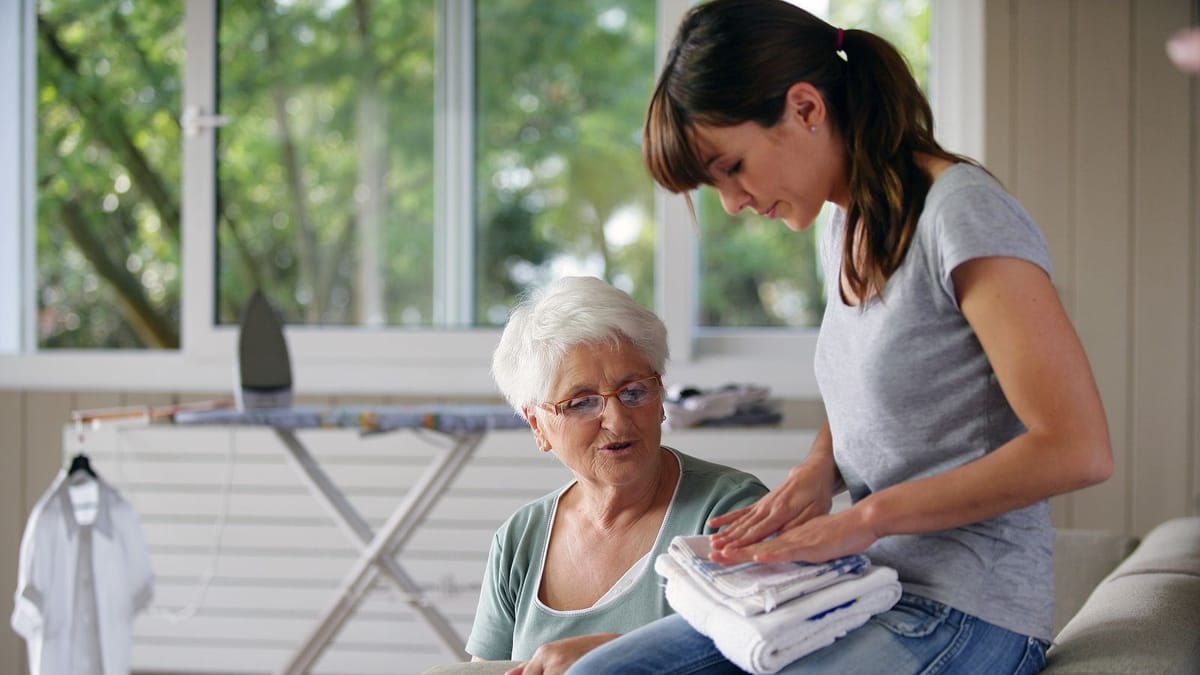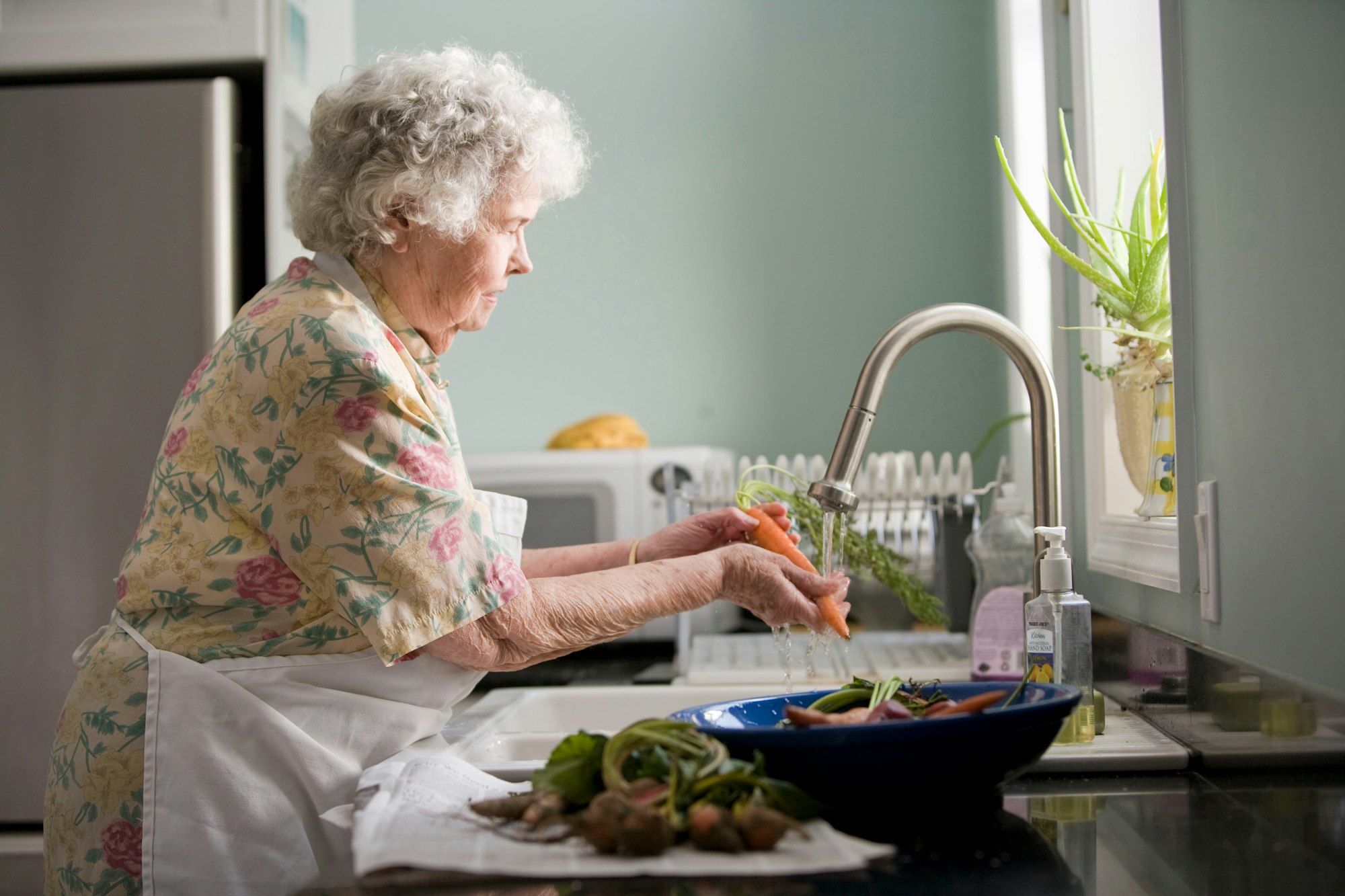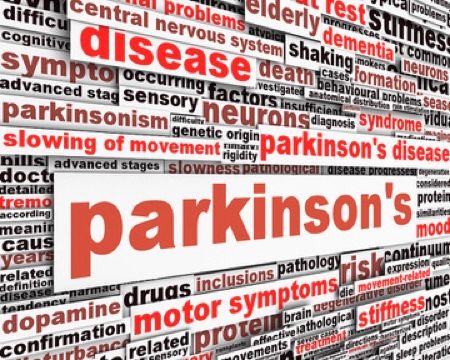Activities to Avoid Dementia Behaviors for People with Dementia
From memory games to outdoor activities, learn how to maintain self-worth, prevent depression, and slow the progression of the disease.

Dementia is a broad term used to describe a range of neurological conditions affecting the brain, with Alzheimer's disease being the most common form of dementia. These conditions can lead to memory loss, cognitive decline, and changes in behavior. Engaging in regular physical activity is one of the most effective ways to maintain brain health and reduce dementia risk. Research indicates that maintaining healthy activity levels during midlife and later years can significantly lower the likelihood of developing dementia.
Understanding both controllable and uncontrollable factors is crucial in influencing a person's risk of developing dementia. This includes lifestyle choices such as exercise, as well as genetic predispositions.
Understanding Dementia and Brain Health
Dementia is a broad term that describes a decline in cognitive function, including memory loss, difficulty with communication, problem-solving, and judgment. Alzheimer’s disease is the most common form of dementia, accounting for 60-80% of cases. Maintaining brain health is essential for overall well-being and can help reduce the risk of developing dementia. Factors such as age, genetics, and lifestyle choices play a significant role in brain health. Understanding these risk factors is crucial for taking preventive measures. By adopting healthy lifestyle behaviors, such as regular physical exercise, a balanced diet, and engaging in cognitive training, individuals can support their brain health and potentially lower their risk of cognitive decline.
Physical Activity and Exercise
Regular physical activity is one of the most effective ways to reduce the risk of developing dementia. Exercise has been shown to improve cognitive function, boost mood, and reduce stress. Additionally, physical activity can help manage risk factors such as high blood pressure, diabetes, and obesity, which are all linked to an increased risk of dementia. Aim for at least 150 minutes of moderate-intensity exercise or 75 minutes of vigorous-intensity exercise per week. Incorporating physical activity into daily life, such as taking the stairs or going for a walk, can also have significant health benefits. Staying physically active not only supports brain health but also enhances overall well-being.
Cognitive Stimulation and Brain Exercises
Engaging in mentally stimulating activities can help build cognitive reserve and reduce the risk of cognitive decline. Brain exercises, such as memory games, puzzles, and learning new skills, can help keep the brain active and challenged. Cognitive training programs have been shown to improve cognitive function and delay cognitive decline in older adults. Activities such as reading, writing, and problem-solving can also help keep the brain active and engaged. By incorporating these activities into daily routines, individuals can support their brain health and potentially reduce their risk of developing dementia.
Social Engagement and Dementia
Social engagement is essential for overall health and well-being and can also play a role in reducing the risk of dementia. Staying connected with friends and family, volunteering, and participating in group activities can help build social connections and reduce feelings of loneliness and isolation. Social engagement can also help stimulate the brain and reduce cognitive decline. Encourage loved ones with dementia to participate in activities they enjoy, such as music, art, or exercise, to help promote social engagement and overall well-being. By fostering social connections, individuals can support their cognitive health and enhance their quality of life.
Nutrition and Brain Health
A healthy diet is essential for maintaining brain health and reducing the risk of dementia. Eating a balanced diet that includes plenty of fruits, vegetables, whole grains, and lean proteins can help support brain health. Foods rich in omega-3 fatty acids, such as salmon and walnuts, have been shown to have anti-inflammatory properties and support brain health. Limiting processed and sugary foods, which can be high in unhealthy fats and added sugars, can also help support brain health. Staying hydrated by drinking plenty of water is also essential for maintaining brain function and overall health. Making healthy food choices can have a significant impact on a person’s risk of developing dementia and support overall well-being.

Dementia Activity folding laundry
Special activities for people with dementia are important at all stages of dementia. These activities vary a lot. This depends on the severity of the condition, physical ability and age of the patient.
The activities need to achieve things such as:
- Keeping the person with dementia to remain happy and positive. This is essential in staving off depression
- Maintaining a level of self-worth. Those who are in the early or middle stages you want to help improve their sense of wellbeing
- Maintaining some level of physical and mental conditioning. For some this may even slow the progression of the disease.
The types of activities for people with dementia depend a great deal on the stage of dementia. It also will depend on the type of dementia. The truth is, people coping with this illness can still enjoy a range of activities. Dementias such as Alzheimer's disease tend to rob sufferers of their memory. Memory games are very important in the early stages of the disease.
Activities for dementia in the Early Stages
In the early stages of dementia, many people can still follow instructions clearly. It is a good idea to encourage games that call for remembering things and talking. Memory games are especially important at the early stage of the disease.
Other good ideas include:
- Puzzles and card games, especially those that help to sharpen memory
- Simple crafts, particularly those the patient might have enjoyed previously
- Basic household tasks help to keep the patient active. Allow them to continue to feel useful and independent
- Listening to their favorite music not only helps memory, it is also a good way to relax
- Outdoor activities like gardening or light yard work
In the early stage of the disease, depression following a diagnosis is common. The newly diagnosed person may not want to do anything. Getting them interested in something they like is especially important at this stage.
Journaling is a popular and useful activity. It helps the early stage sufferer to deal with the feelings and emotions they are going through.
Incorporate movement, as physical abilities decline. This is important that activities for people with dementia include:
- Dancing
- Taking walks
- Assisting with cleaning, like sweeping
- Gardening
- and talking are especially beneficial.
If the person is able, simple activities such as cleaning a pair of shoes or other basic tasks should be encouraged.
Dementia Activity Cooking
Activities for dementia in the Late Stage
The progressions of the disease means over time, the patient will have trouble remembering familiar faces, events and tasks.
There may be success at performing the most often repeated tasks, but this is not true for every patient. This does not mean that these tasks should be put aside. After all., your family member may still derive some enjoyment from doing them.
Any activities for people with dementia should excite the patient. The caregiver must avoid anything that may lead to frustration. More guidance may be necessary at this stage as the person tries to cope and get things done. Some good options in these cases are:
- Watching movies: This is helpful in the early stages and movies with humor may offer the best results
- Any activity that will provide a sense of accomplishment. The caregiver must offer praise that it was well done.
- Chores that the person normally performed before becoming ill should be encouraged. These should not take a lot of time. Performing these activities every day is the best.
Many activities for dementia are useful in keeping the dementia patient active and happy. Physical activities are helpful in maintaining muscle mass. This is important, as some people will experience a loss of fine motor skills and even mobility.
The truth is, people coping with this illness can still enjoy a range of activities. Medical professionals often stress the need to remain active. This is a means of coping. It will also help to keep both the patient and caregiver upbeat.
SOURCES
http://www.caregiver.com/articles/general/activities_people_dementia.htm
http://www.pssru.ac.uk/pdf/MCpdfs/Activities_factsheet.pdf
http://www.alzinfo.org/01/articles/caregiving-20
http://www.pssru.ac.uk/pdf/MCpdfs/Activities_factsheet.pdf
You might also like this article:

















